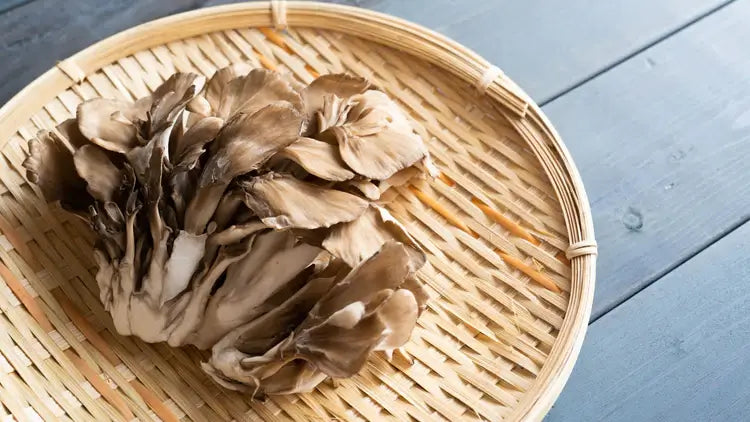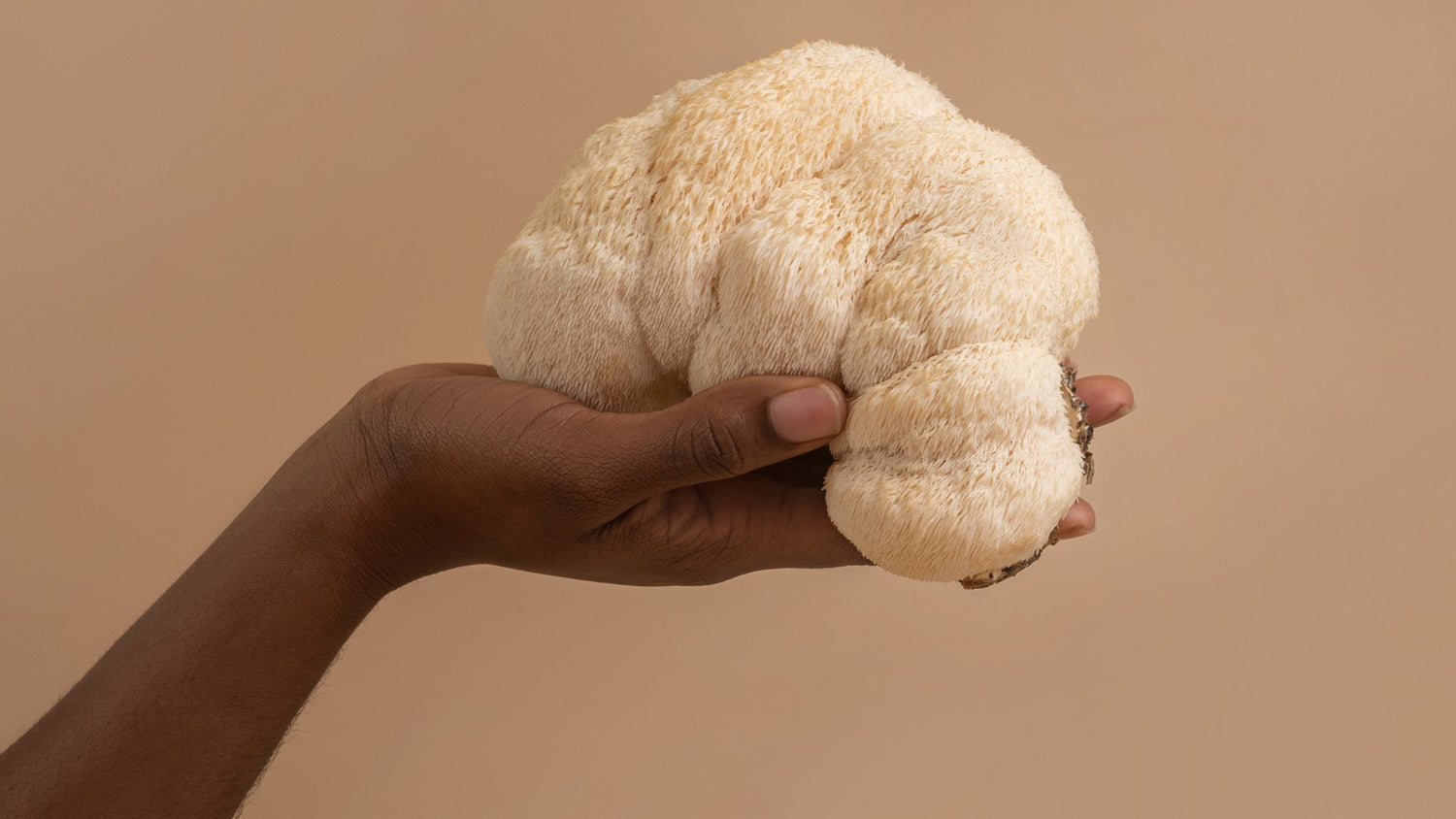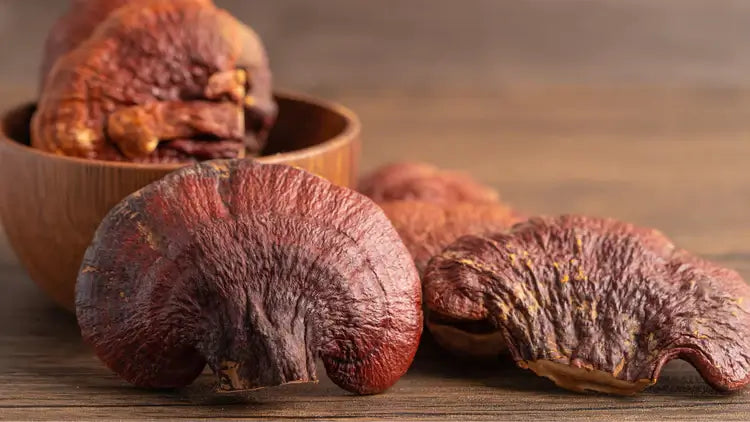#MentalHealthAwarenessWeek
It's mental health awareness week and the focus is on keeping our minds as healthy and happy as possible. One area that is often recognised as a major cause of depression is money difficulties.
When you think about your finances how do you feel? For many it’s a feeling of stress and anxiety, the queasy feeling in the pit of your stomach when we think about debt or simply not having enough money to do the things we want. For some of us the thought of it is so uncomfortable we just bury our head in the sand and prefer not to think about it at all.
But what if we addressed the issues by changing how we felt about money? How about instead of feeling anxiety and worry over money we treated ourselves with compassion?
Money is one of those taboo subjects that people feel uncomfortable talking about. It’s considered gauche to discuss money matters but the media focus on the economy and job market and social media is rife with images of wealth that seem unattainable to many. We live in a culture where value is placed on property we own, cars we buy and material possessions. If you aren’t in a position of privilege it can lead to feelings of not being enough.
Kate Northrup, entrepreneur and author of ‘Money; A love story; how to untangle your financial woes and create the life you really want’ says “There’s so much judgement and shame that we associate with our financial lives. Our culture implies that are net worth is equivalent to our self-worth”.
But this isn’t how we should see it. Firstly, it’s important to consider what money is originally for. It’s simply an exchange system of one value for another. But we’ve become so entrenched in the idea of being validated by how much we earn that we often don’t attach our relationship with money with feelings of joy. So, if you are in any kind of financial chaos what’s the first step?
Firstly, deal with it with love and self-compassion. If you continually spend more than you earn chances are you’ll be in some sort of debt. You aren’t alone if you think your spending habits needs curbing, so don’t beat yourself up. If we make a change from a place of being hard on ourselves the change doesn’t stick. If we make changes from a place of love and compassion, then our mindset shifts.
So what can we do to set ourselves financially free?
Be honest with yourself. The hardest thing to do when you have any money worries is to look at. But by facing it head on, opening those credit card bills and sharing those feelings with someone you trust you lighten the burden of worry. You can look at long term strategies with support to manage the situation once you know what it is you are dealing with.
Look at your buying habits. If you know you are tempted to buy because psychologically it makes you feel better then change the mindset towards spending. See not buying something as an act of self-care, as healing your relationship with money is when you choose to put your feelings of self-worth first. Think of how good you’ll feel when you don’t have the guilty feelings that often surface after an impulse buy.
A helpful concept to think about when you are about to buy something is the hourly wage test, an idea created by Manisha Thakor, a financial literacy advocate for women and author of ‘On my own two feet: A modern girls guide to personal finance’. Thakor advocates the idea of working out your hourly rate and equating your spending to the amount of hours work it would take you to earn that amount. Say for example your hourly rate was £20 an hour, it would take 5 hours of work to afford something of £100. It can help to re-evaluate the value of something when you work out if you want to spend 5 hours of your day working for it.
Thakor looks at money through a lens of joy based spending and says if you really want to stress less about finances, it’s about having an honest and transparent account of your cash flow and making sure (aside from paying for the basics- utilities, mortgage etc) that your cash flow is going towards things in life that bring you the most joy. Heal your relationship with money by valuing yourself first then taking practical steps to put a plan of action in place.
Often when we think of it like this, we often realise the things that make us really happy are not things that can be bought.





